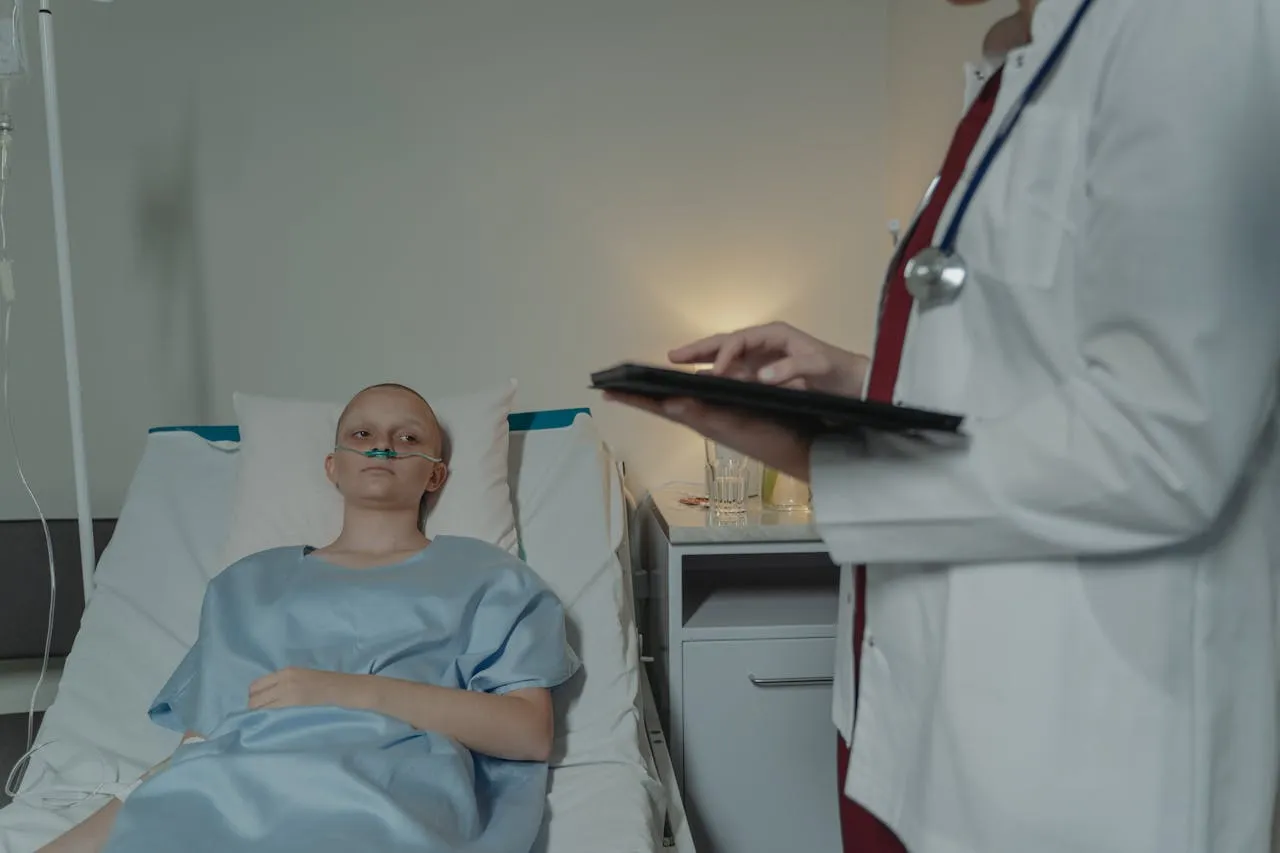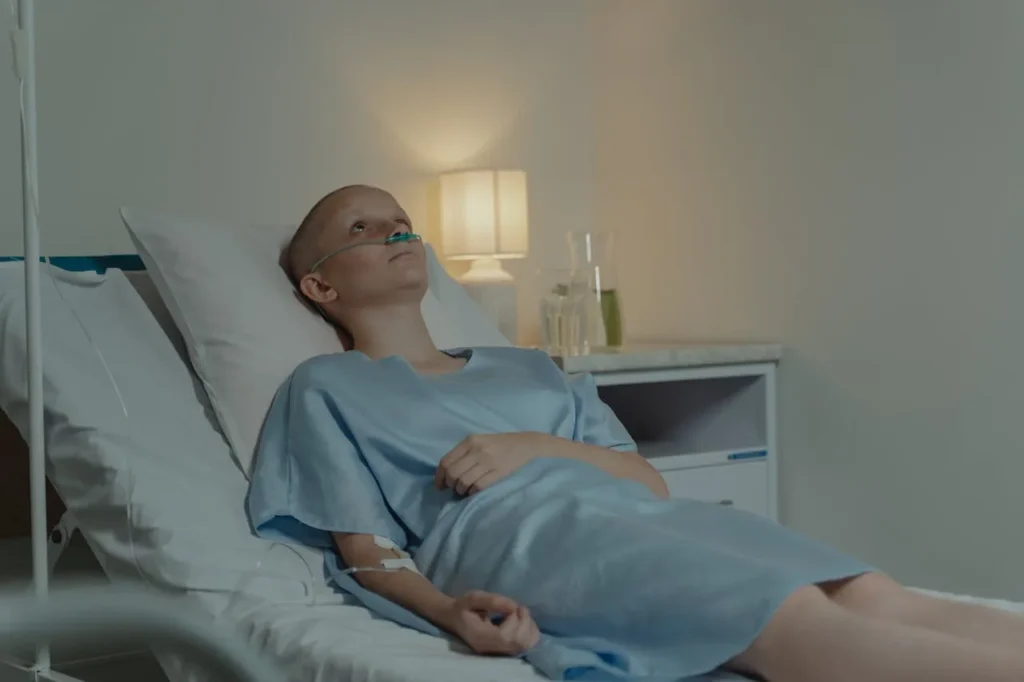
Akamis Bio Doses First Patient in Phase 1b Rectal Cancer Trial of NG-350A
Akamis Bio, a clinical-stage biotechnology company at the forefront of immuno-oncology innovation, announced a major milestone in its development pipeline today with the initiation of patient enrollment in the FORTRESS clinical study. This first-in-human, proof-of-concept trial is evaluating NG-350A, a novel candidate developed using the company’s proprietary Tumor-Specific Immuno-Gene Therapy (T-SIGn®) platform. The study specifically targets patients with locally advanced rectal cancer (LARC), a condition for which therapeutic advancements remain an urgent unmet need.
The FORTRESS study—an acronym for “First-in-human Oncology study of Rectal Tumor Therapeutic Response with Enhanced Synergistic Strategies”—is designed as a Phase 1b clinical trial. It is multi-center, open-label, and non-randomized, focusing on measuring clinical complete response (cCR) rates in patients with LARC. The study also aims to evaluate the safety, tolerability, and biological activity of NG-350A when administered in combination with chemoradiotherapy (CRT), the current standard-of-care for this patient population.
NG-350A represents a next-generation gene therapy candidate that embodies the unique strengths of Akamis Bio’s T-SIGn® platform. This platform enables the targeted delivery of immunotherapeutic payloads directly into the tumor microenvironment following systemic administration. This strategy is designed to stimulate a more robust and localized anti-tumor immune response while minimizing systemic toxicity—a common limitation associated with many immunotherapy modalities currently on the market.
Building on the Success of the CEDAR Study
The FORTRESS trial is strategically designed to build upon encouraging data generated from the earlier CEDAR study, also supported by Akamis Bio. The CEDAR study demonstrated that patients with LARC who received a combination of Akamis Bio’s first-generation T-SIGn® therapy and standard CRT experienced significantly improved complete response rates compared to historical data from patients treated with CRT alone. These promising results formed the basis for advancing NG-350A into clinical development as part of a broader effort to redefine treatment paradigms for rectal cancer.
While CRT is currently considered the standard-of-care for LARC, its efficacy remains suboptimal for many patients, and it often comes with considerable side effects that affect long-term quality of life. With many patients requiring invasive surgical resection following CRT—which may lead to permanent colostomies and functional impairments—there is a critical need for new therapies that can drive complete tumor regression and potentially enable organ preservation.
The immunotherapeutic payloads encoded by NG-350A are designed to act synergistically with CRT to amplify the immune system’s ability to identify and eradicate tumor cells. By engineering tumor-specific expression of these agents, Akamis Bio aims to turn immunologically “cold” tumors—those that typically evade immune detection—into “hot” tumors that become susceptible to immune-mediated destruction.
A New Approach in Immuno-Gene Therapy
Akamis Bio’s Chief Medical Officer, Dr. Oliver Rosen, emphasized the scientific rationale and translational evidence supporting the FORTRESS trial. “We have previously demonstrated that intravenously administered T-SIGn® therapeutics can successfully traffic to both primary and metastatic tumor sites,” Dr. Rosen stated. “Once there, these agents drive local expression of potent immunotherapeutic payloads within the tumor microenvironment. This approach allows us to activate the immune response precisely where it’s needed most, without the widespread side effects associated with systemic immune activation.”
He continued: “The encouraging safety data from earlier trials of NG-350A—including a lack of observed transgene-related or off-target toxicities—gives us confidence as we enter this next stage of development. The design of the FORTRESS trial leverages insights from our prior studies and is focused on establishing both the safety and early signals of efficacy for NG-350A in patients with LARC. Our ultimate objective is to deliver a transformative therapeutic option that raises the bar for what patients can expect from rectal cancer treatment.”
FORTRESS Trial Design and Objectives

The FORTRESS trial is enrolling adult patients diagnosed with locally advanced rectal cancer, defined as tumors that have extended beyond the rectal wall but have not metastasized to distant organs. Participants in the study will receive NG-350A in conjunction with standard chemoradiotherapy. The primary endpoint of the study is the clinical complete response (cCR) rate, assessed using a combination of imaging, endoscopic evaluation, and biopsy-confirmed pathological assessments.
Secondary endpoints include the safety and tolerability profile of NG-350A, the duration of response, and the potential for patients to avoid surgical resection following successful treatment. The study will also incorporate exploratory biomarkers to assess immune activation, changes in tumor microenvironment composition, and systemic immune responses.
Akamis Bio has partnered with leading oncology centers across Europe and North America to execute the trial, reflecting the global significance of the research. With rectal cancer incidence on the rise, particularly among younger adults, the need for innovative and less invasive treatment options has never been more pressing.
The Broader Implications of Tumor-Specific Immuno-Gene Therapy
Beyond rectal cancer, Akamis Bio envisions broad applications for its T-SIGn® platform across a wide range of solid tumor indications. The platform is distinguished by its precision targeting capabilities, which allow therapeutic genes to be expressed only within tumor cells, effectively transforming the tumor into a localized production site for immune-activating agents.
This modular platform can be adapted to deliver a variety of payloads, including cytokines, checkpoint inhibitors, bispecific T cell engagers, and other immunomodulatory agents. By reprogramming tumors to become active participants in their own destruction, T-SIGn® therapeutics offer a promising new avenue for addressing the limitations of conventional immunotherapy approaches, which often struggle to penetrate the immunosuppressive barriers surrounding solid tumors.
With the initiation of the FORTRESS trial, Akamis Bio takes a significant step forward in its mission to revolutionize cancer treatment through targeted immuno-gene therapy. As clinical data from the study begins to emerge, the company hopes to validate the therapeutic potential of NG-350A and pave the way for a new era in rectal cancer management—one defined by higher complete response rates, improved patient quality of life, and a reduced need for invasive surgical intervention.
Should NG-350A demonstrate meaningful efficacy and safety in the FORTRESS trial, it could represent a paradigm shift not only in the treatment of LARC but also in how gene therapies are applied across solid tumors more broadly. For now, the oncology community will be watching closely as Akamis Bio seeks to chart a new path forward in the war against cancer—one tumor at a time.





